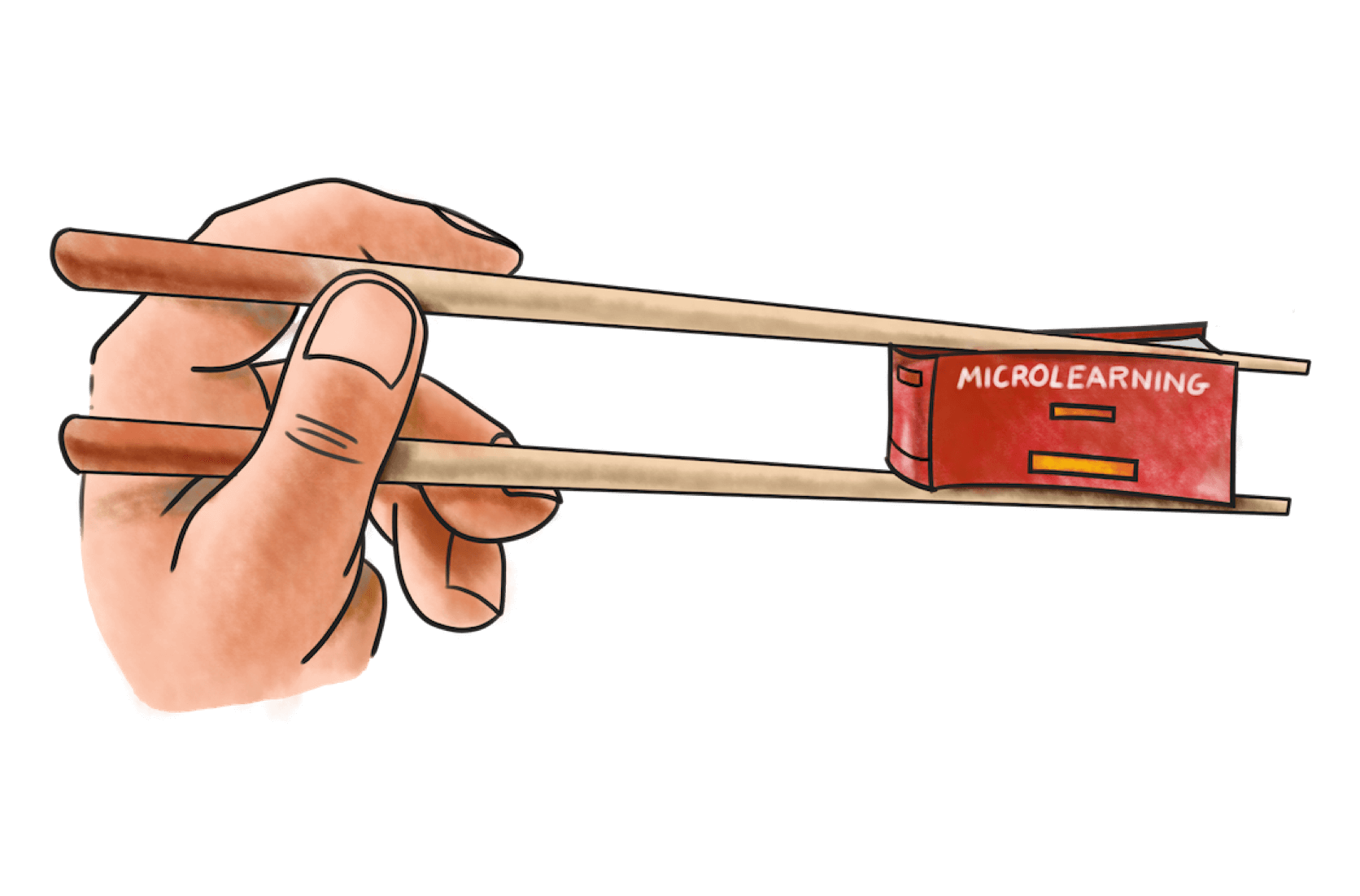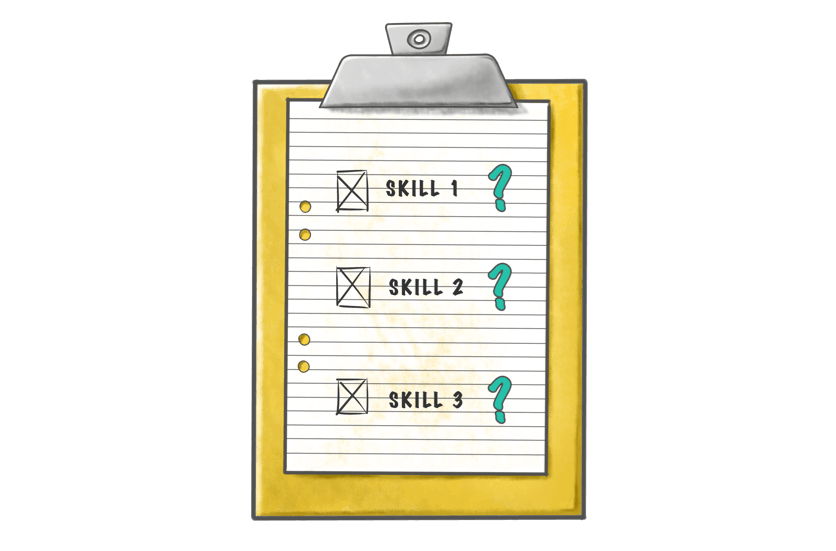
In the past four years, I’ve learnt a lot about learning. Mostly I've discovered that for 35 years I've been doing it wrong. Relying on techniques proven to be ineffective, such as cramming, re-reading and highlighting.
On the positive side, I've also discovered what does work. And am always looking at how I can incorporate these methods into my everyday learning.
The guitar
Recently I bought a guitar. Learning to play the guitar has long been on my wishlist. About ten years ago I bought an electric guitar on a whim, with dreams of punching out big riffs in a few months. I thought I'd played musical instruments before and lots of people play the guitar, how hard could it be?
You probably know the answer.
I knew from my childhood experience of learning to play music, that the first few weeks are great. Everything’s new and progress comes quickly. It's enjoyable.
And then after a few weeks, I feel like I should be able to play real music, yet can’t. So frustration sets in, and I lose motivation.
Deliberate practice
My research told me that to succeed this time would require regular practice. So I committed to at least 3 x 30min sessions per week, which is far less than I would like but is realistic.
So in January I signed up to Jamplay, a huge online provider of guitar lessons. The lessons consist of one or two short videos with supporting PDFs. The teacher introduces one key focus for the lesson and a song, that ties it all together.
I commit to completing one lesson per session. And I practice until I feel like I’ve nailed it. If I don’t feel confident, I don’t progress to the next lesson. This is tough, especially if I feel like I'm not moving forward. But I know if I'm struggling in a particular area, then that's where I need to focus my practice.
Regular feedback
Deliberate practice is most powerful when combined with regular feedback. If I were taking music lessons with a teacher, I'd receive feedback probably on a weekly basis. Although Jamplay helps me practice, it’s very much a one-to-many model and there's no way for them to give me individual feedback.
I’m fortunate that my father-in-law is a semi-professional guitarist (no pressure!). So whenever we catch up now, we play together and he gives me a few tips and tricks.
Ideally, I'd receive feedback at least once a week that I could incorporate into my practice. But something else I've had to learn is that the ideal approach doesn't always match reality, and that's ok!
Explain it to a 4-year-old
The person who says he knows what he thinks but cannot express it usually does not know what he thinks. — Mortimer Adler
So I'm practising deliberately, and receiving somewhat regular feedback. But how do I know how well I understand what I'm learning?
Naturally, I explain it to a 4-year-old.
I first heard about this approach from Shane Parrish over at Farnam Street. He writes about the Feynman Technique, named after the famous physicist Richard Feynman. The Feynman technique is simple:
- Choose a concept
- Teach it to a toddler
- Identify gaps and go back to the source material
My son Archie is 4. And his grandad (the excellent guitarist) gave him a ukelele for his third birthday. So Archie and I jam together, with me on the guitar, and him on the ukelele. He also adds vocals to the mix, which I'm sure the neighbours appreciate.
I try to explain a few fundamentals to Archie, and he consistently responds with "why?". It only takes one or two "why's?" to show me how little I understand and actually know what I’m learning.
In addition to being a whole lot of fun (and humbling), Archie's taught me the value of introducing play into learning. To get in there, mash the strings, sing at the top of your voice and have fun. Now that’s how to enjoy learning!
To learn about the big impact little bites of learning can have, download our microlearning white-paper.














































































































